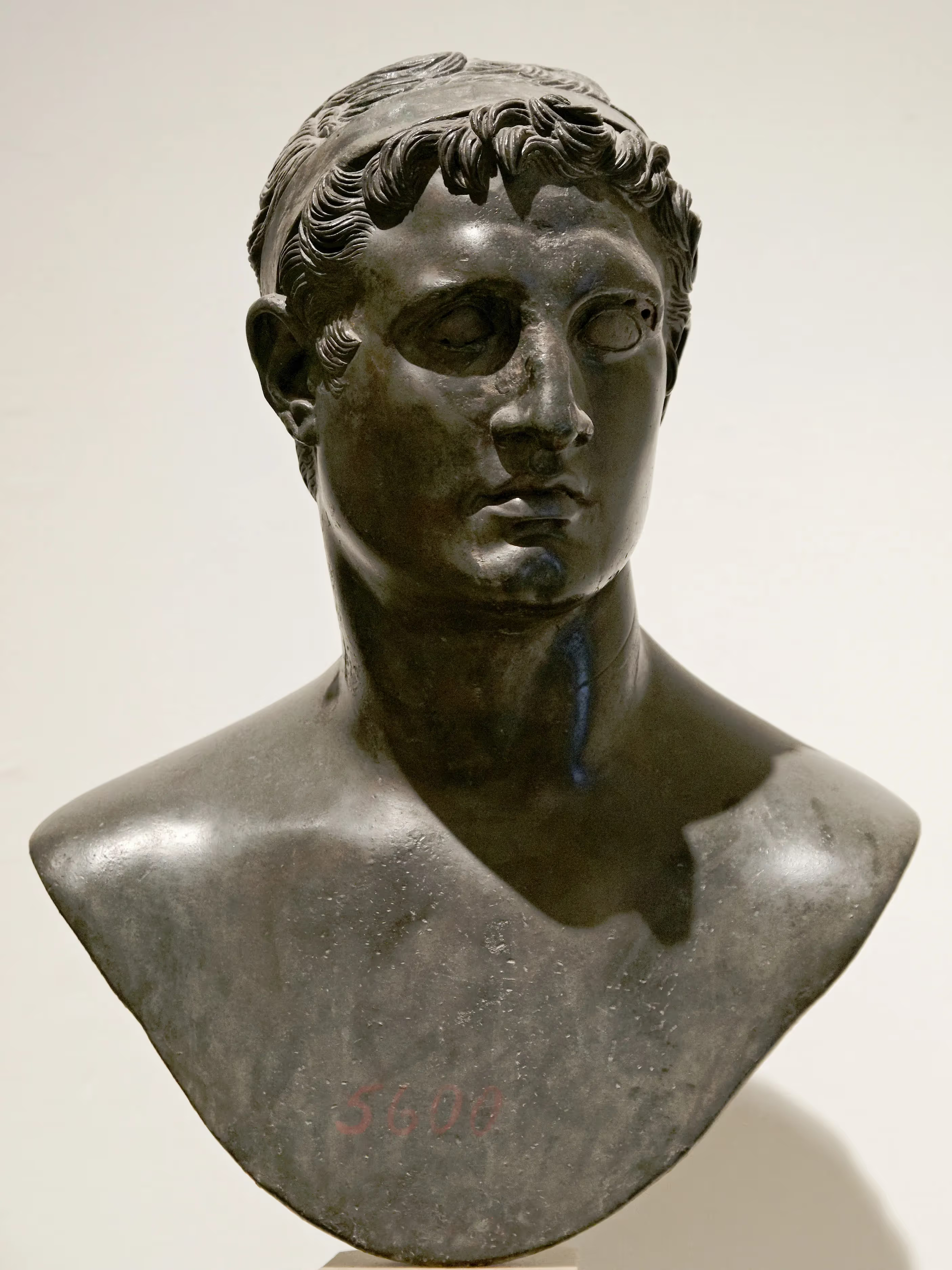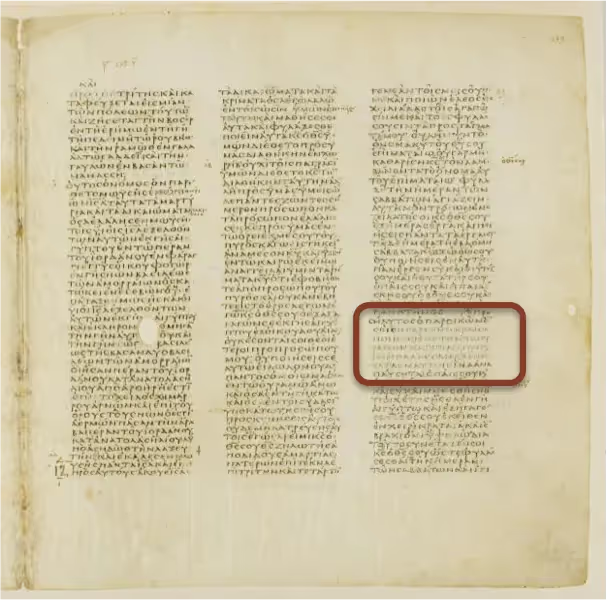A Grande Biblioteca de Alexandria
Proposta pelo rei greco-egípcio Ptolemeu I e eventualmente construída por seu filho Ptolemeu II, por volta de 280 AEC, a Biblioteca de Alexandria foi o maior centro de estudos do mundo antigo, atraindo estudiosos de todo o Mediterrâneo, fazendo de Alexandria, fundada por Alexandre, o Grande, o centro intelectual mais proeminente de seu tempo.
A biblioteca não apenas abrigava um repositório de centenas de milhares de rolos de papiro, mas se tornou um centro de pesquisa onde estudiosos compilaram edições dos épicos de Homero, cientistas mediram o tamanho da Terra e Euclides descobriu as regras da geometria. Em 48 AEC, durante o tempo de Júlio César e Cleópatra, um incêndio destruiu 400.000 rolos de papiro da biblioteca.
Visão geral
A Biblioteca de Alexandria, construída pelo rei greco-egípcio Ptolemeu I por volta de 300 AEC, foi o maior centro de estudos do mundo antigo. A biblioteca não era apenas um repositório de centenas de milhares de rolos de papiro (livros antigos), mas um centro de pesquisa onde estudiosos compilavam edições dos épicos de Homero, cientistas mediam o tamanho da Terra e Euclides descobria as regras da geometria. Em 48 AEC, um incêndio destruiu 400.000 rolos de papiro da biblioteca.




.avif)





